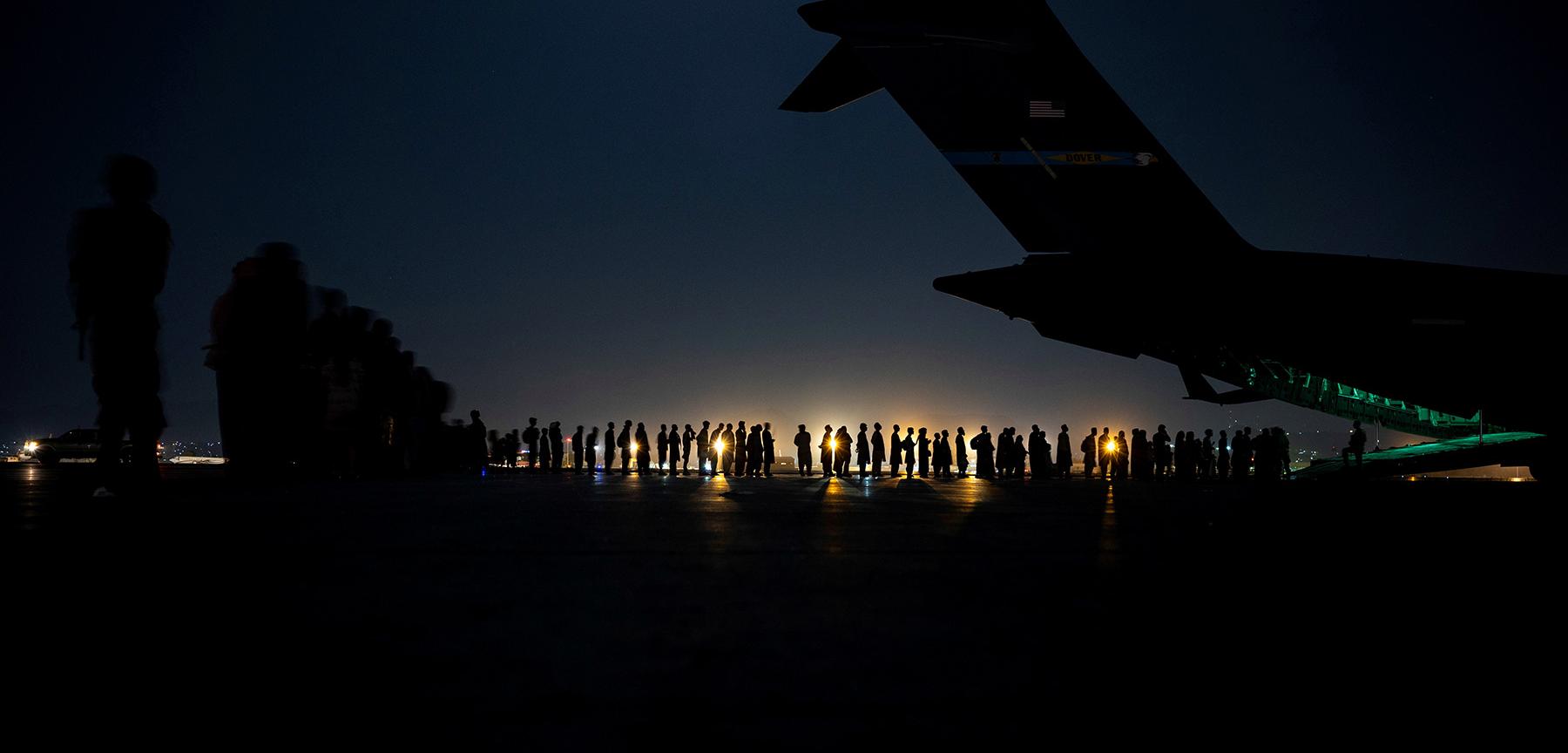I was in New York on September 11, 2001. Moreover, on the morning of this tragic day I happened to be in Lower Manhattan, just a couple of blocks away from the World Trade Center. Thus, I became an accidental witness to a Boeing 767 hitting the façade of the North Tower and a couple of minutes later - to another Boeing crashing the wall of the South Tower. My initial reactions were disbelief, then horror and, finally, empathy. Like many people all over the world, I felt that I had become a New Yorker and I fully shared the anger and the indignation of the American society. No wonder that the international community not only demonstrated solidarity with the US in the soon announced "War on Terror," but also expressed a clear willingness to assist Washington in its just cause.
Today, 20 years later, the results of the "War on Terror" appear to be mixed. On the one hand, since September 2001, in the US there have been no new terrorist acts of such a scale and with so many casualties. This does not mean that the terrorist threat to the US homeland is completely eliminated. It is not. But at least Americans could feel safer compared to less lucky residents of Europe, not to mention the Middle East, North Africa or South Asia.
So, what went wrong with the US strategy?
I was in New York on September 11, 2001. Moreover, on the morning of this tragic day I happened to be in Lower Manhattan, just a couple of blocks away from the World Trade Center. Thus, I became an accidental witness to a Boeing 767 hitting the façade of the North Tower and a couple of minutes later - to another Boeing crashing the wall of the South Tower. The collapse of the two gigantic office buildings looked like a scene from a Hollywood apocalypses movie, with crowds of people rushing in all directions, with thick clouds of dust and debris slowly moving along downtown streets. There was a cacophony of fire alarms, ambulance sirens and car horns filling the morning air of a badly wounded metropolis.
My initial reactions were disbelief, then horror and, finally, empathy. Like many people all over the world, I felt that I had become a New Yorker and I fully shared the anger and the indignation of the American society. This awful terrorist act should not have remained unpunished. Retribution, not revenge, had to follow the committed crime. No wonder that the international community not only demonstrated solidarity with the US in the soon announced "War on Terror," but also expressed a clear willingness to assist Washington in its just cause.
Today, 20 years later, the results of the "War on Terror" appear to be mixed. On the one hand, since September 2001, in the US there have been no new terrorist acts of such a scale and with so many casualties. This does not mean that the terrorist threat to the US homeland is completely eliminated. It is not. But at least Americans could feel safer compared to less lucky residents of Europe, not to mention the Middle East, North Africa or South Asia.
On the other hand, US military engagements overseas aimed at containing terrorism fell short of initial expectations. The most recent fiasco in Afghanistan is a graphic illustration of a long-term track record that includes Iraq, Libya, Liberia, Pakistan, Yemen and Syria. Though president Barack Obama stated back in May of 2013 that the War on Terror was over, international terrorism has never been fully defeated. The War on Terror has not resulted in a clear victory. Moreover, unlike in September 2001, today the international community is no longer united around Washington in confronting this global challenge.
So, what went wrong with the US strategy?
The first evident deficiencies of US policies regard the decision-making process. Washington has never pursued a truly multilateral approach to deal with major international problems, terrorism included. In 2003, the US made a unilateral decision to start an operation in Iraq, bypassing the United Nations Security Council, and even appropriate bodies of the NATO Alliance. The US withdrawal from Afghanistan has also been decided and executed in a demonstratively unilateralist manner. This questions the publicly declared adherence of the Biden administration to multilateralism.
Second, the US policies in troubled parts of the world have lacked consistency and strategic vision. Trump tried to completely shake up and to revise the legacy of Obama. Biden is now trying to do the same with the legacy of Trump. The borderline between counter-terrorism and counter-insurgence has been blurred. So has the border between counter-insurgency and state-building. As a result, the US is losing its reputation as a reliable partner and as a predictable player in international relations. For instance, it is very difficult to predict the future of US strategy in the Middle East, including prospects for the American military presence in Iraq and Syria, chances of US rejoining JCPOA (Joint Comprehensive Plan of Action) and so on.
Third, the US seems to approach other cultures and other sets of values as manifestations of incomplete social and political modernizations. The globalization of US political principles, economic models, and even of the American lifestyle is still regarded in Washington as the ultimate solution to all international problems, including terrorism. The Islamic world today appears to be the most appropriate place for this endless tutorship and guidance.
However, the global society is getting more and more diverse, not more uniformed. In this society, nobody can possibly claim a monopoly on modernity. What we can say for sure is that in the future international system the US will get smaller in relative terms. By contrast, the Islamic world will grow larger. All of us will have to learn how to live in this new global order to come.
First published in the Global Times.





